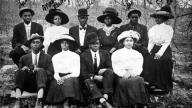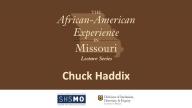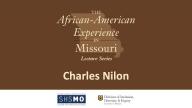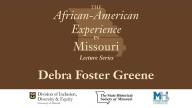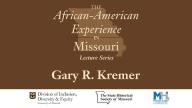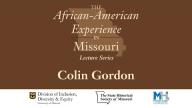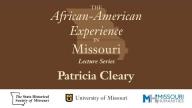Explore Missouri's past and prepare for the future through the African American Experience in Missouri lecture series. Since 2016, the African American Experience in Missouri lecture series has featured conversations with scholars, community leaders, artists, and public historians whose perspectives shed new light on the lives and legacies of African Americans across the state. The series invites audiences to consider how historical knowledge deepens our understanding of Missouri today.
Maria Esther Hammack, PhD, Assistant Professor of African American History at The Ohio State University delivered the African American Experience in Missouri lecture at the State Historical Society of Missouri. Dr. Hammack explored the story of Roda, a 19-year-old Black woman who fled her enslaver in Missouri in 1855. Roda made her way to the southern border of Mexico, rather than taking the Underground Railroad to the northern free states. Would her freedom in the north be in jeopardy by the Fugitive Slave law?



